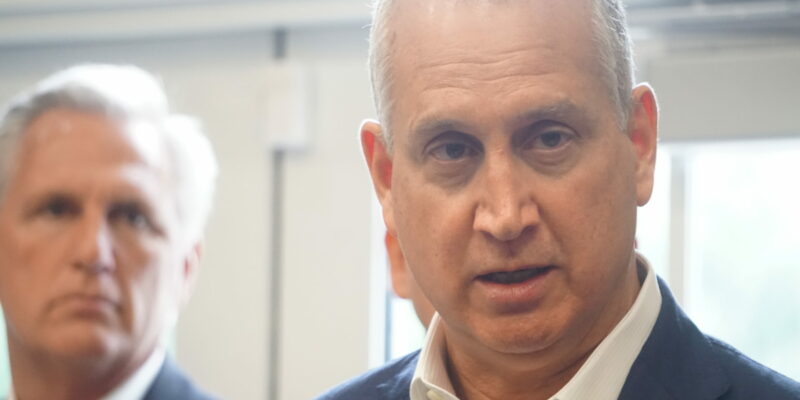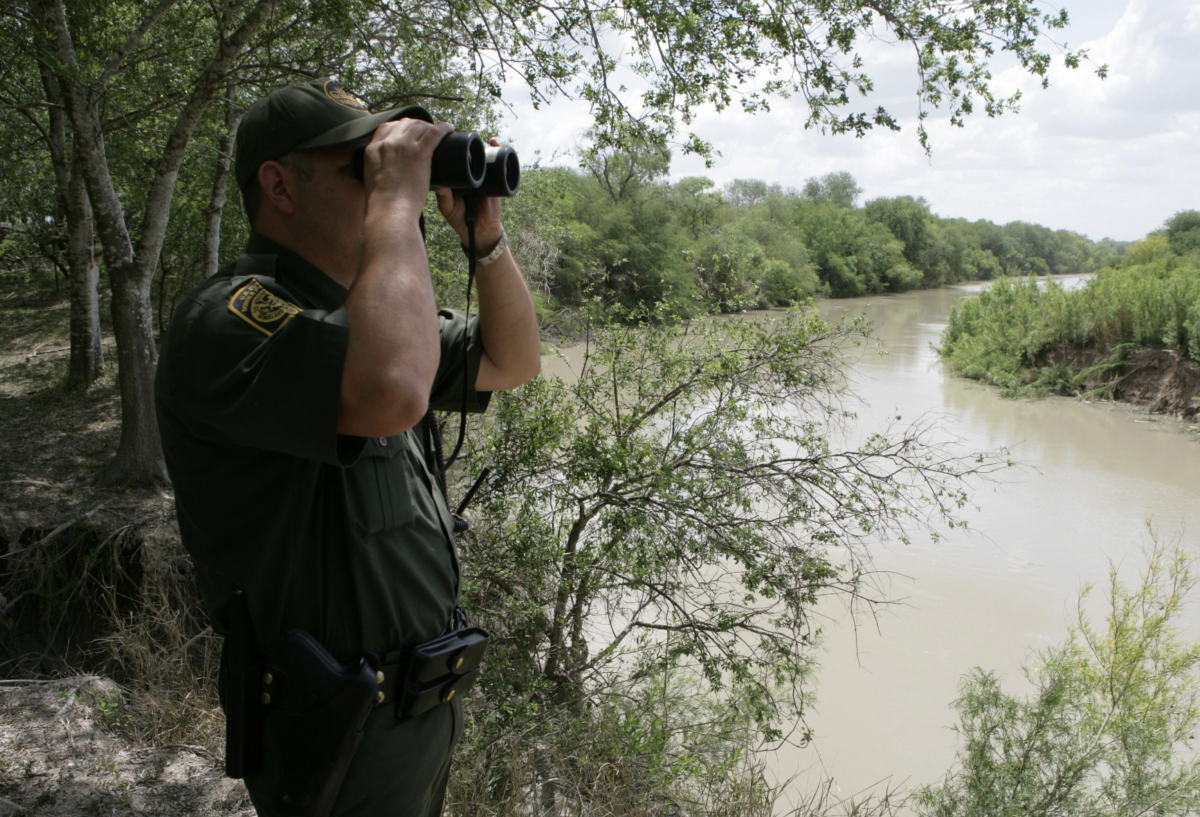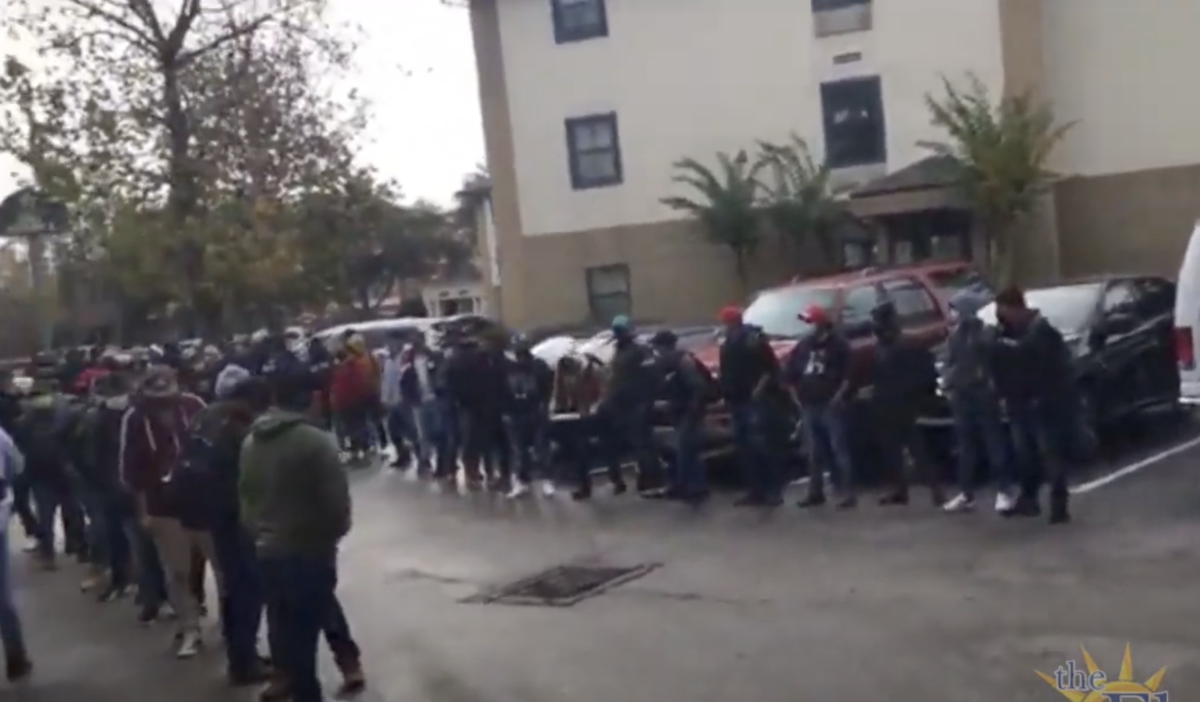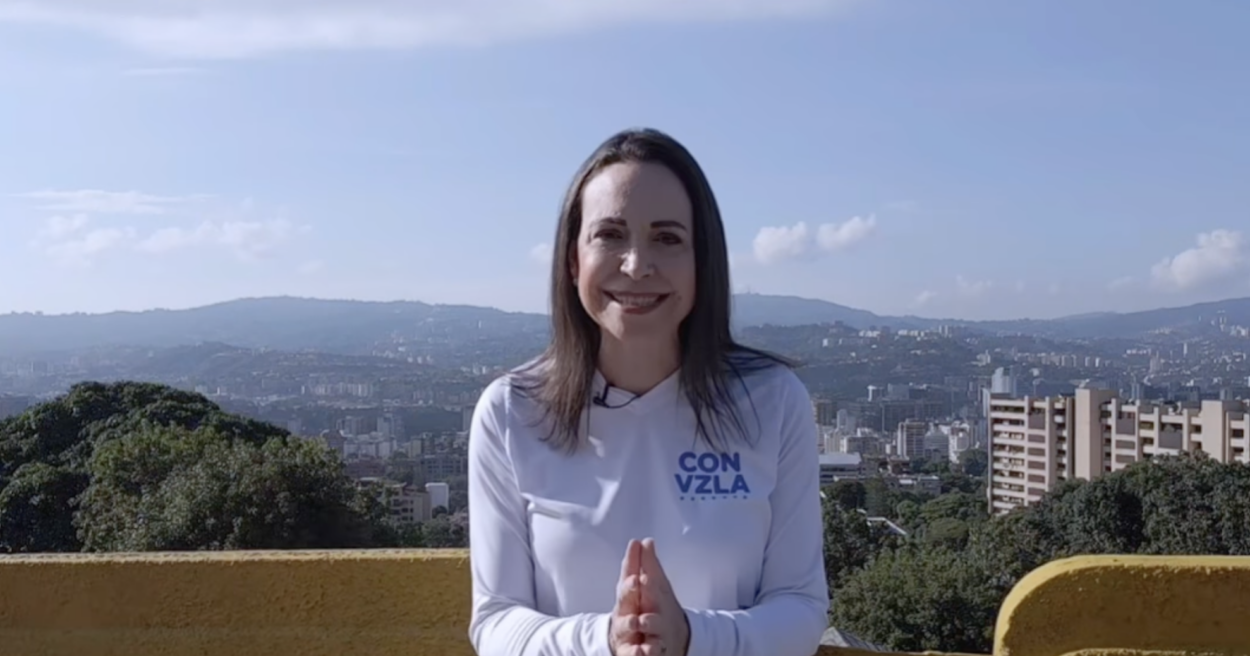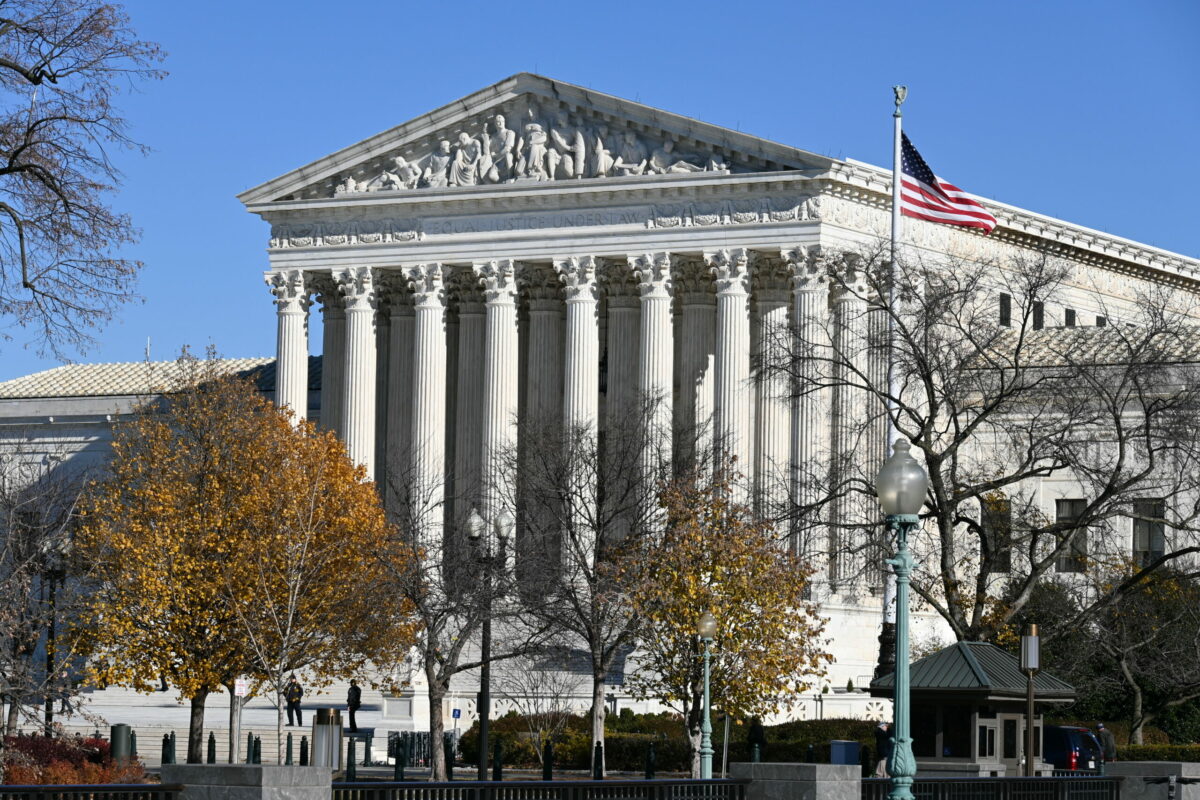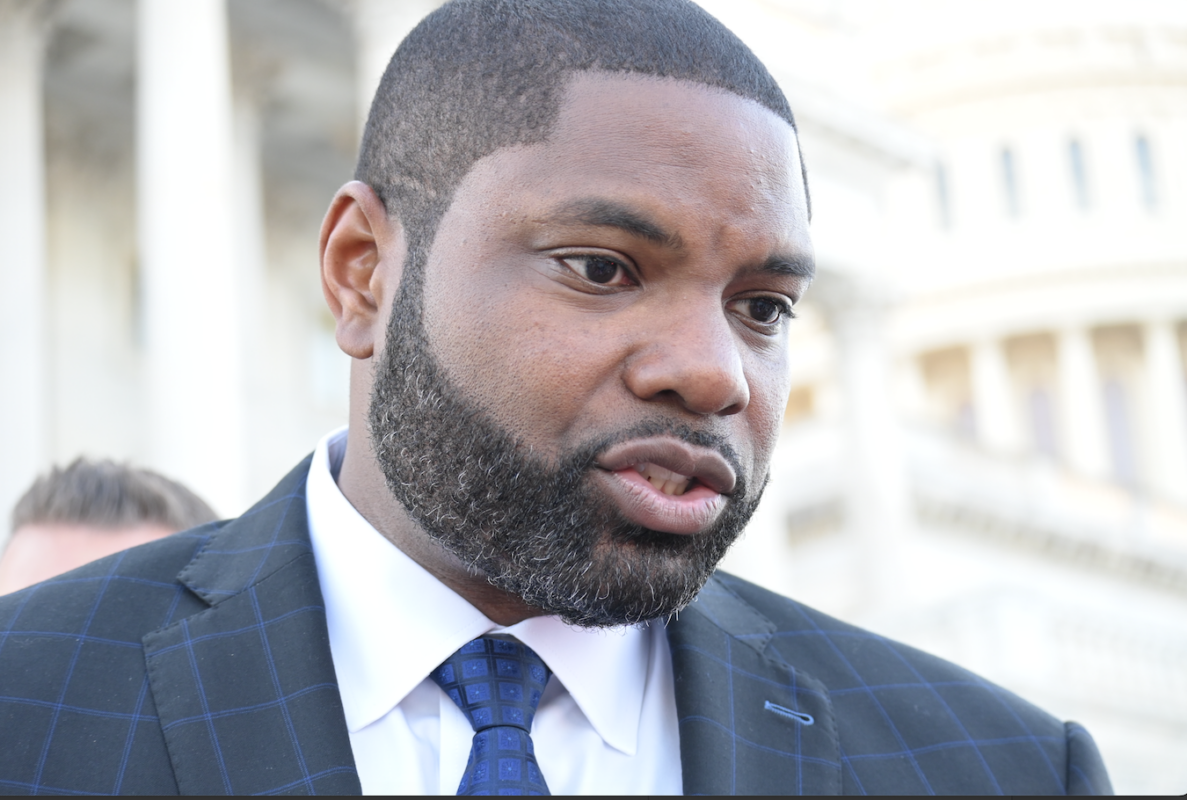US Representative Mario Diaz-Balart (R-FL) recently emphasized pro-democracy measures included in Congress’ latest appropriations package.
Primarily focusing on supporting Democracy in the Western Hemisphere, the bill includes measures aimed at specific countries suffering, or at risk of, from authoritarian regimes.
Globally, it prohibits non-governmental organizations facilitating and encouraging irresponsible and illegal migration in the Hemisphere from receiving US taxpayer dollars.
To counter drug trafficking, the bill also includes measures aimed at halting fentanyl trafficked through Mexico and applying conditions on Colombian aid to enhance cooperation on countering narcotics.
The bill also takes sundry actions against the Cuban, Nicaraguan, and Venezuelan regimes.
For Cuba, $50 million will be disbursed to democracy-promoting efforts while codifying prohibitions for visa allocations to entities involved with illegal trafficking of Cuban doctors.
Additionally, the Act severely restricts President Joe Biden’s ‘entrepreneurship programs,’ which have been criticized by conservatives as ineffective and beneficial to the Cuban regime.
Finally, the Open Technology Fund (OTF) for internet freedom technologies will be granted additional funds to address Cuban censorship threats.
Efforts to strengthen Cubans’ access to internet have increased following recent Cuban pro-freedom protests being countered by government internet and cellular service blackouts.
OTF estimates that over 2 billion rely on its internet services, adding that “over ⅔ of the world’s population live in countries where internet access is restricted, and that number is growing.”
Today, over ⅔ of the world’s population live in countries where internet access is restricted, and that number is growing. The technologies @OpenTechFund supports, like those featured, are now used by over 2 billion people globally. Learn more 👇https://t.co/fTcXarx72w
— Open Technology Fund (@OpenTechFund) March 29, 2024
For Venezuela, the bill requires that the Secretary of State officially determine whether Dictator Nicolas Maduro is allowing a free and fair presidential election.
The determination is crucial as President Biden lifted sanctions on Venezuela in exchange for Maduro’s assurances that a fair process would be permitted in the upcoming presidential elections.
As Maduro jailed opposition figures and barred candidates from running for office, the Biden Administration reimposed gold sanctions and announced it would renew additional sanctions unless Maduro changes course.
Venezuela sanctions relief expires on April 18.

